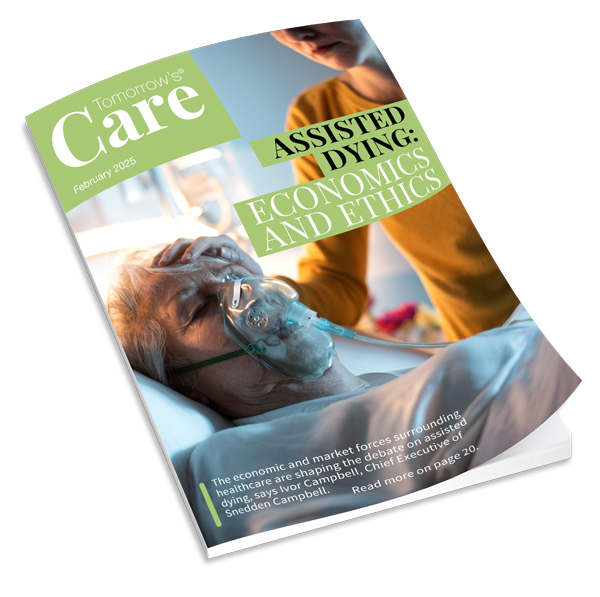The Open University (OU) has called for significant reform in adult social work and social care to aid the sectors’ recovery from COVID-19.
In a survey of leaders across England, The Open University found that the sectors are facing significant challenges in the shape of skills shortages, as 44% of respondents said they had only the bare minimum of skills to operate, or lacked vital skills to run their operations successfully.
The challenges of attracting and retaining talent can be seen most acutely within third-sector social care, where 57% of employers report that they are currently working with minimum staffing levels or below.
Whilst battling these significant staffing shortages, the sectors have also had to keep up with rapid change brought about by COVID-19 and its impact on services and operations, with more than two thirds (67%) now requiring different skills to those they were prioritising before the pandemic.
When asked about their current skills priorities, leaders in social work and social care cited digital (36%), leadership (33%), technical (31%) – where employees require a specialised skill to complete a specific task – and managerial (30%) skills as key areas of concern, with nearly half (46%) looking for recruits who are capable of adapting to future challenges in the wake of COVID-19.
Even as the world learns to live with the changes brought about by the pandemic, further challenges are expected, particularly in light of the UK’s departure from the European Union. More than half (54%) of industry leaders said they are concerned about the impact of Brexit on staffing, suggesting that their organisations may suffer in terms of workforce skill-sets as a result of no longer being easily able to hire employees from the EU.
Amongst adult social care employers, more than two in five (42%) agreed that a clear career framework, with recognised qualifications, would go some way to addressing the sector’s recruitment and retention challenges. A further 34% cited the increased availability of pathways, such as those provided by the recently-created degree apprenticeships, between social care and qualified social work roles as a possible solution.
In its new report, ‘The path forward for social care in England’, the OU’s School of Health, Wellbeing and Social Care has made a number of recommendations to employers, sector leaders and policy makers which could help the sector weather the ongoing difficulties it faces.
Professor Samantha Baron, Head of School for Health, Wellbeing and Social Care, Faculty of Wellbeing, Education & Language Studies at The Open University, responded to the findings: “Public services have been at the frontline of the response to COVID-19, and it’s no secret that the severity of the pandemic has tested the preparedness and resilience of adult social care.
“What’s also clear is that the pandemic has exacerbated longer-standing pressures. We simply cannot afford to see these vital sectors further weakened, and for that reason The Open University is calling for a number of significant reforms to address skills needs and priorities for the future. Whether it be changing the way we promote the sectors to younger individuals, or implementing a recognised career framework for social care in England, the onus is on us all - educators, governments, private companies and individuals - to protect and boost the critical support these sectors provide.”


























